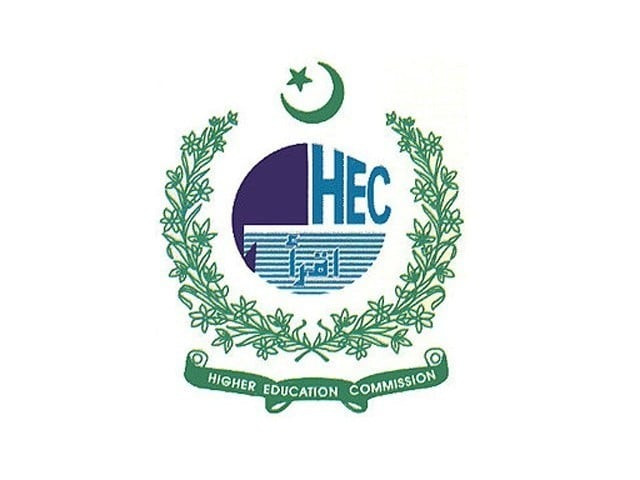Promotion policy mars chances of higher education
Despite passing, HEC rules have made university admissions inaccessible for over 40,000 intermediate students in Sindh

The exam-less ‘Promotion Policy’ adopted by Sindh’s education boards amid Covid-19 has drawn severe criticism following the announcement of the year’s intermediate and matriculation results.
Under the policy, some 40,000 pre-medical, pre-engineering and commerce students have been awarded passing grades of D and E, with less than 45 per cent marks in their second-year of intermediate.
However, per Higher Education Commission (HEC) rules, these 40,000 students, despite their pass grades, remain ineligible for admission in any university or degree awarding institution in the country.
Among these students are several who were hoping to bump their grades in the second year of the intermediate level after underperforming in their first year. But owing to non-conduct of examination under said policy, these students have been deprived of a crucial opportunity of improving their scores.
As a result of which, thousands of students across Sindh have been put on the horns of a dilemma, where an ad hoc policy appears to have marred their chances of attaining a higher education.
Furthermore, HEC recently directed government universities in a letter, to suspend their two-year degree programmes in all affiliated colleges. Should universities including the University of Karachi decide to follow the directive, over 45 per cent of all affiliated colleges will have to shut down.
Consequently, the directive going into action will also eliminate the only alternative towards enrolling in a four-year degree programme for the said 40,000 students. Which means that thousands of current intermediate graduates will no longer have the option to secure admission in a BCom, BSc or BA college, nor the opportunity to pursue higher education at a private institution.
According to sources, a major reason behind students passing with D and E grades is that first-year students who had failed a couple of papers but managed to secure 60 per cent or more in other subjects, have been graded in their second year on the basis of the average score from the previous year. “On the other hand, those who failed in two or more subjects in the first year while averaging less than 60 per cent marks in remaining subjects have not been given average marks in second year but rather declared passed with 33 per cent marks,” the source informed.
It appears this outcome was never considered by the federal or provincial governments, especially education ministers, and nor was it raised at the university or HEC level during proceedings. However, according to Karachi’s Higher Secondary Education Board Chairperson Prof Inam Ahmed, in the last several years, result of said board has fluctuated between 40 and 60 per cent, while the rest failed. “A majority of students who have been passed with a D or E grade this year are ones who fail every year, take their supplementary exams and fail yet again. Except a few, most of them have no career or an academic future anyway,” he asserted.
“I believe every student was given a fair opportunity to prove themselves even under the promotion policy. Those who are unsatisfied with their grades still have the opportunity to apply for a retake and yet we haven’t received more than 200 improvement applications so far,” he justified.
Meanwhile, a Sindh education board chairperson speaking on condition of anonymity said that second-year examinations are a proven golden opportunity for many students to significantly improve their grades. “Since the examinations never took place, students were not only deprived of a chance to maintain or make a significant improvement in their grade but many reported a severe drop instead,” he lamentingly told The Express Tribune.
Published in The Express Tribune, December 2nd, 2020.



















COMMENTS
Comments are moderated and generally will be posted if they are on-topic and not abusive.
For more information, please see our Comments FAQ